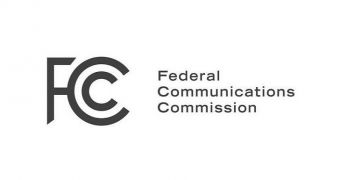The FCC has announced that it has extended the net neutrality comments deadline until July 18 following the overwhelming surge of last-minute opinions on the topic.
“The deadline for filing submissions as part of the first round of public comments in the FCC’s Open Internet proceeding arrived today. Not surprisingly, we have seen an overwhelming surge in traffic on our website that is making it difficult for many people to file comments through our Electronic Comment Filing System (ECFS),” said FCC’s Press Secretary Kim Hart.
The original deadline ended on Tuesday, July 15, at midnight Eastern time, which wasn’t too long ago.
The wave of comments sent to the FCC was so big that it took down the site for a while. If the site isn’t working for you, you can always send them an email over [email protected], an address specifically set up for this purpose.
Last Friday, Tom Wheeler, the FCC chairman, revealed that the agency had received over 647,000 comments on the topic. Now, it’s safe to say that the number has greatly increased, although it will probably be a few more days before we hear the exact number.
This shows, however, that the interest in protecting the open Internet is high and that the ISPs will hopefully not get to do whatever they want. Chances are pretty high that the great majority of opinions filed with the FCC are against the proposed set of rules.
Back in May, the FCC unveiled its proposed rule changes, although they weren’t exactly a secret since information leaked about the plans weeks ahead of the official reveal.
Tom Wheeler’s plans are to allow ISPs to charge companies that require a lot of bandwidth for better speeds, but it would prevent the Internet providers from slowing down any other content. Advocates have argued that such a thing is not possible because a fast lane just isn’t possible because there is no higher speed. There’s just the normal speed that’s allowed by the infrastructure, which means that the paying companies would be the only ones to take advantage of the full power of the network, while all the others would be slowed down.
Alas, since the FCC cannot impose net neutrality rules on Internet Service Providers, the governmental agency cannot do much about the situation other than reclassifying broadband providers as Title II common carriers and transforming the Internet into a utility.
This would only entail some paperwork for the FCC and it would obviously be the only solution to the problem that allows American Internet users to have an open, and neutral, Internet.

 14 DAY TRIAL //
14 DAY TRIAL //